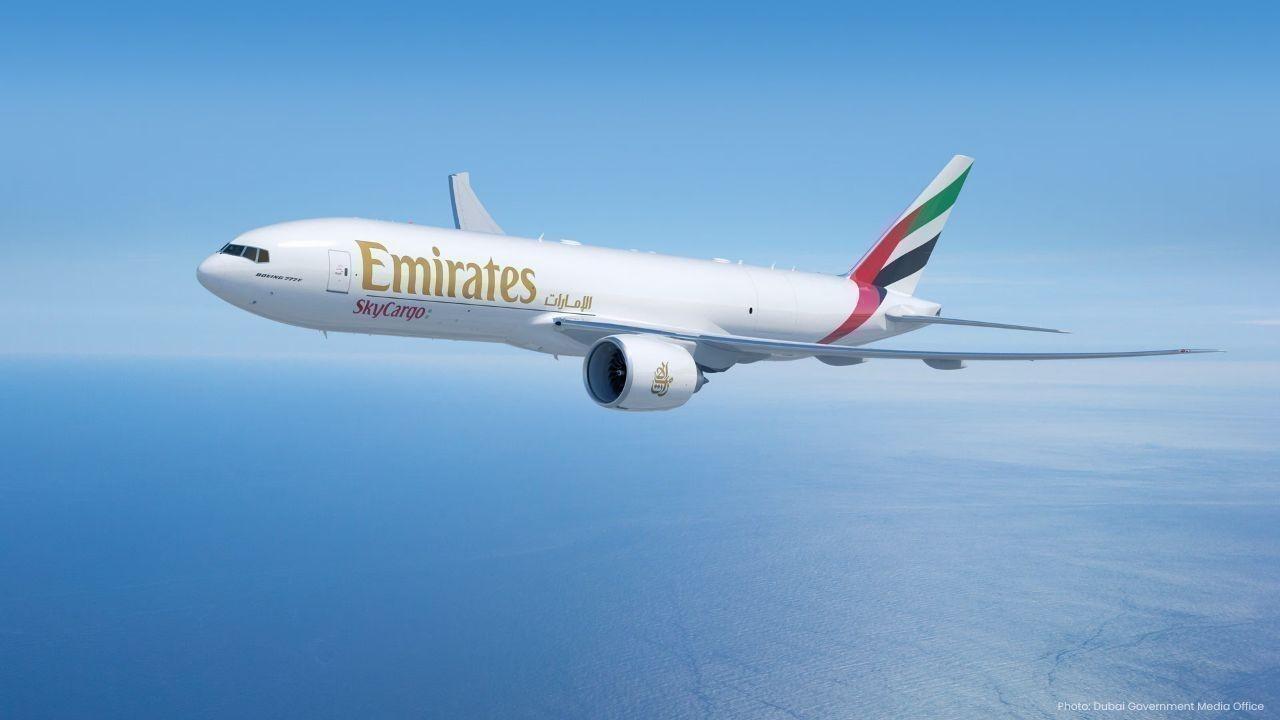
Post by : Mariam Al-Faris
Emirates Airline’s recent attempt to highlight its luxury travel experience has turned into a major public relations crisis. The airline shared a glossy image of its A380 Business Class cabin on X (formerly Twitter), showing its plush seats, personal minibars, and large entertainment screens. The post was captioned, “This is how we do Business,” along with cloud and halo emojis. What was meant as a proud display of elegance quickly drew outrage and criticism from thousands of users around the world.
The timing of the post could not have been worse. As the image circulated online, users began connecting the airline’s message of luxury with the UAE’s alleged involvement in Sudan’s ongoing civil war. Critics accused Emirates of showing off its wealth and comfort while its home country faced accusations of supporting groups responsible for atrocities in Darfur. Many comments expressed anger that such an advertisement could appear while civilians in Sudan were suffering through war and famine.
The reaction on social media was swift and intense. Within hours, hashtags like #BoycottTheUAE and #BoycottEmirates started trending on X. Many users shared photos and videos from Sudan’s conflict zones, juxtaposing them with the Emirates post to highlight the contrast between the luxury of air travel and the horror of war. Some accused the UAE of hypocrisy, claiming that it could not present an image of peace and hospitality while allegedly supporting armed groups involved in human rights violations.
The online anger grew stronger after reports by international media suggested that the UAE had been supplying weapons to Sudan’s Rapid Support Forces (RSF). According to the reports, intelligence agencies had detected increased arms transfers between the UAE and RSF forces. The RSF, led by Mohamed Hamdan Dagalo, also known as Hemeti, has been accused of committing genocide and other war crimes in the Darfur region. The reports further claimed that Hemeti’s family operated several business ventures from Dubai, allegedly using the city as a hub for exporting gold mined in conflict areas.
Sudan’s civil war, which began in April 2023, has caused massive destruction and suffering. The conflict started when the Sudanese Army and the RSF — once allies in a transitional government — began fighting over control and power. Their attempt to merge the two forces under one command failed, leading to violent clashes across the country. The ongoing conflict has displaced millions of civilians, created a humanitarian crisis, and drawn the attention of global organizations calling for immediate peace.
For Emirates, one of the world’s most respected airlines, the backlash represents a serious reputational challenge. The airline, known for its premium service and global reach, found itself facing criticism not for its operations, but for the political implications of its association with its home country’s foreign policy. Many users called the post “insensitive” and “tone-deaf,” arguing that companies representing national brands should be careful about their timing and messaging during global crises.
The controversy also sparked a larger conversation about corporate responsibility and the role of branding in times of international conflict. Experts and social media users questioned whether luxury brands tied to specific nations could remain neutral when those countries are accused of human rights violations. Some called on global businesses to exercise greater awareness of geopolitical contexts before launching promotional campaigns that might be misinterpreted as ignoring global suffering.
As of now, Emirates has not issued an official statement addressing the backlash. The original post remains on the airline’s official X account, though comments have been limited due to the volume of negative responses. Public relations analysts suggest that the airline may eventually release a clarification or apology to contain the growing outrage. The incident has already impacted the airline’s public image, with many calling for clearer separation between corporate promotions and sensitive political issues.
Meanwhile, international human rights organizations have continued to pressure the UAE to clarify its position regarding Sudan. The growing evidence of external involvement in the conflict has increased global calls for transparency and accountability. As discussions continue, the Emirates controversy serves as a reminder of how closely corporate image and national identity can become linked — and how quickly public sentiment can turn against even the most admired brands.
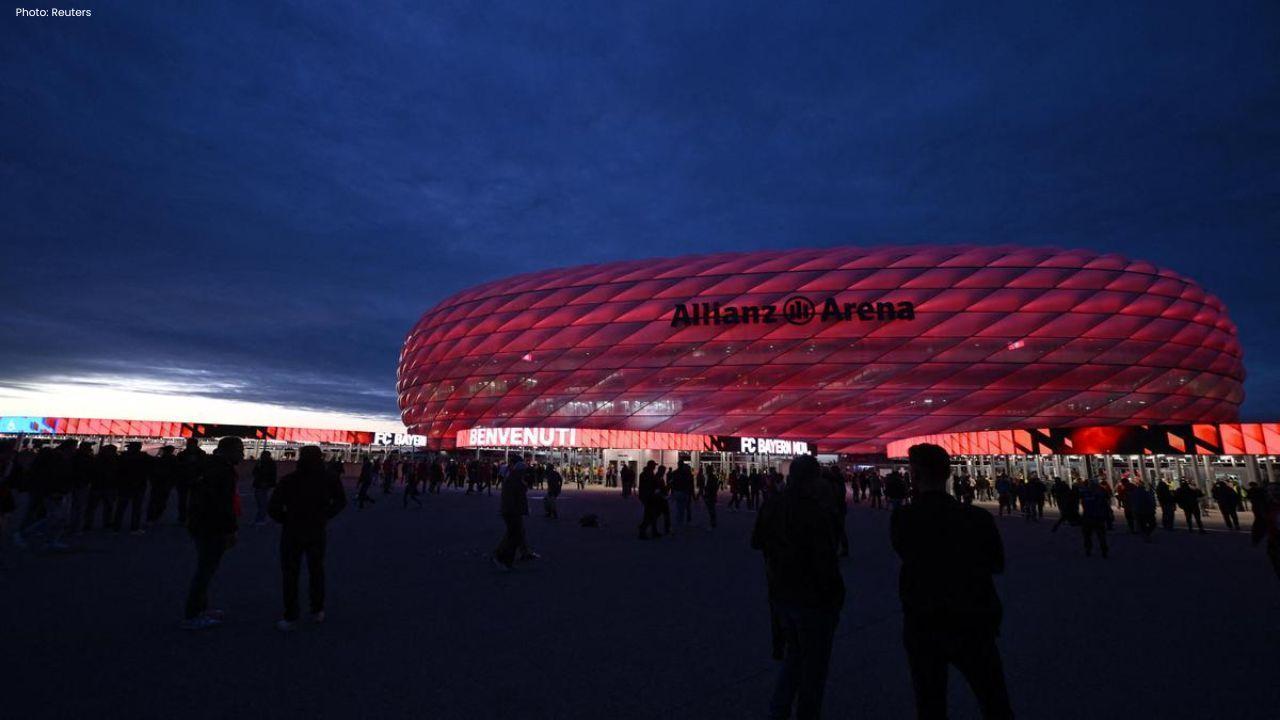


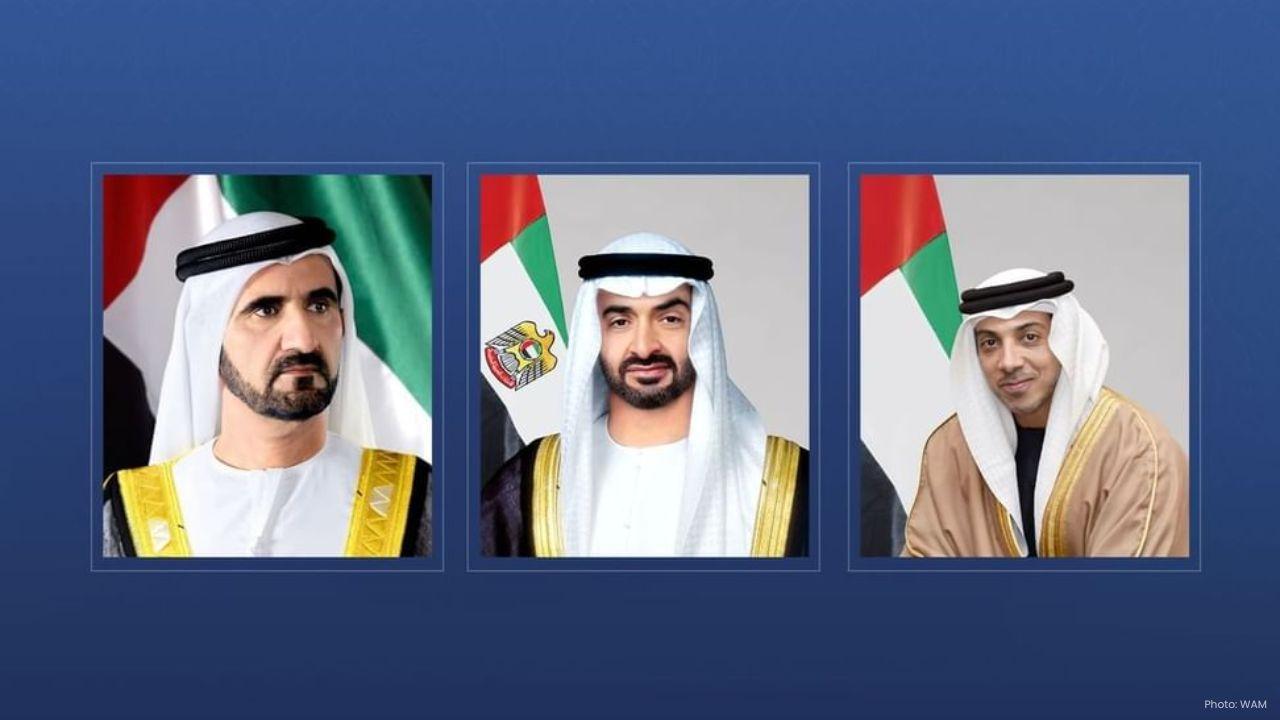



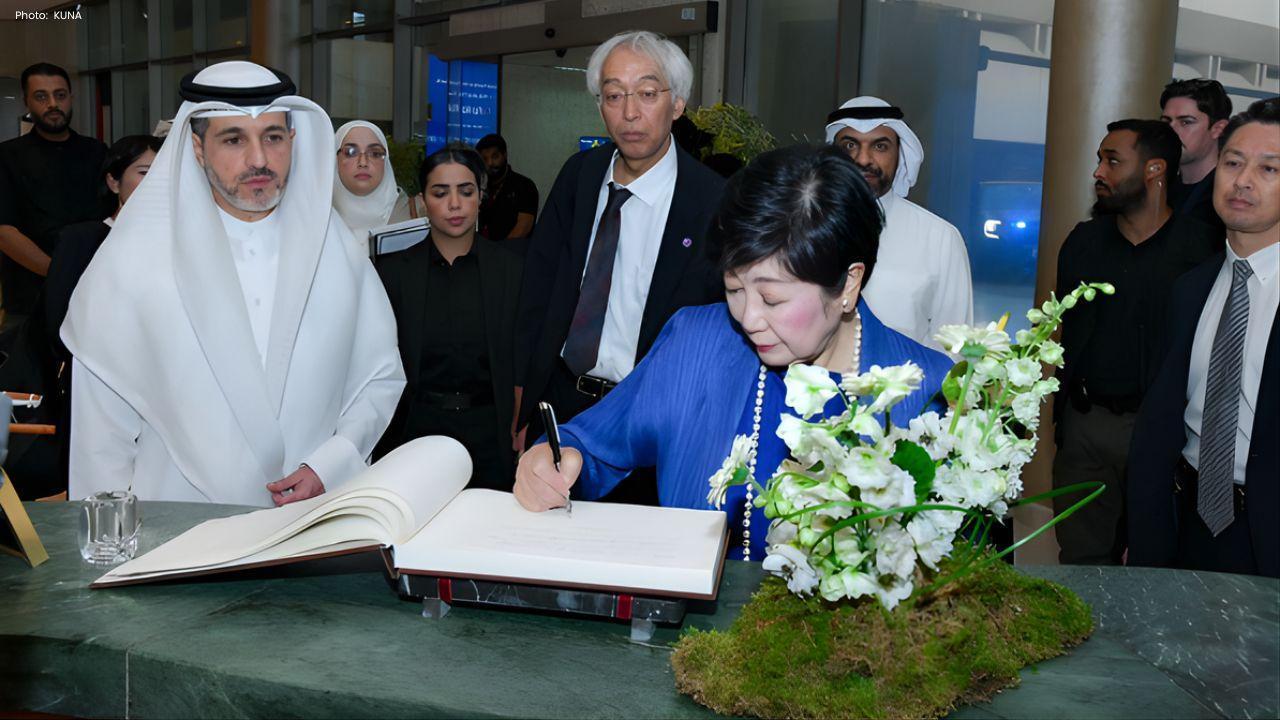
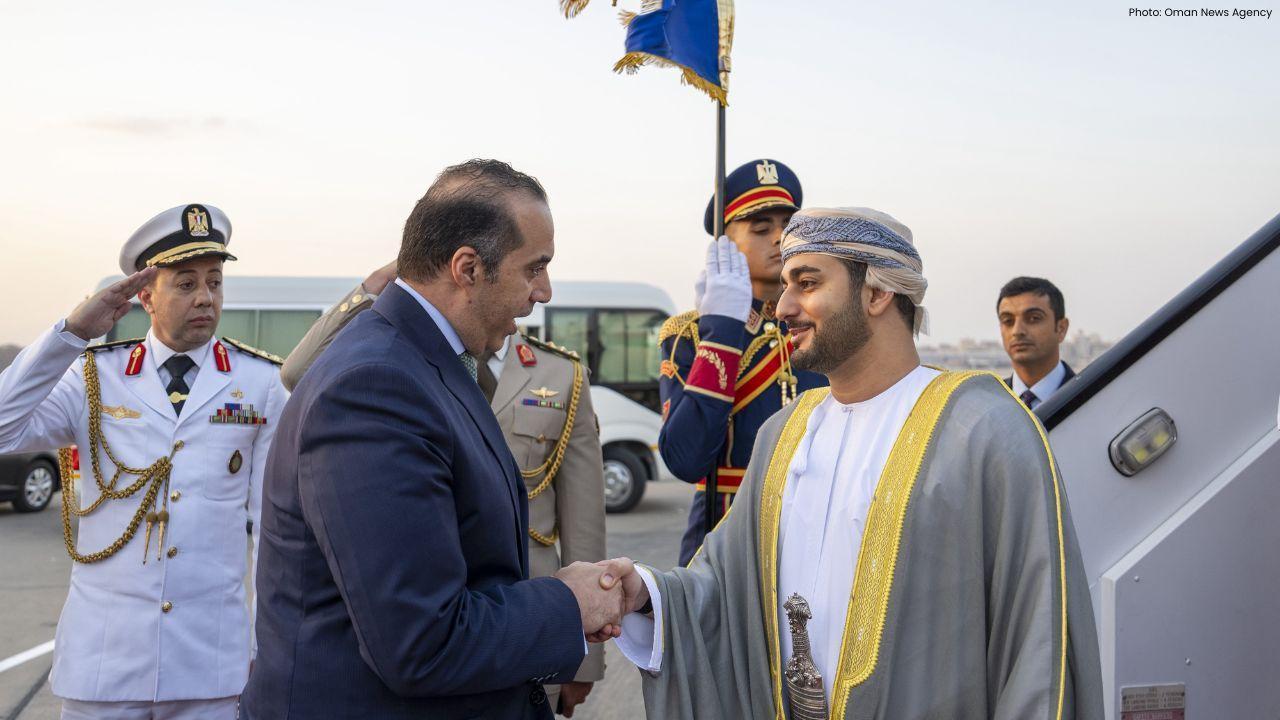

Munich To Host 2028 Final, Wembley And Camp Nou For 2029
UEFA confirms Munich will host the 2028 Champions League final, while Wembley and Camp Nou compete f

Indian Tennis Legend Rohan Bopanna Announces Retirement
Indian tennis star Rohan Bopanna retires at 45 after 20 years of success, with two Grand Slam titles
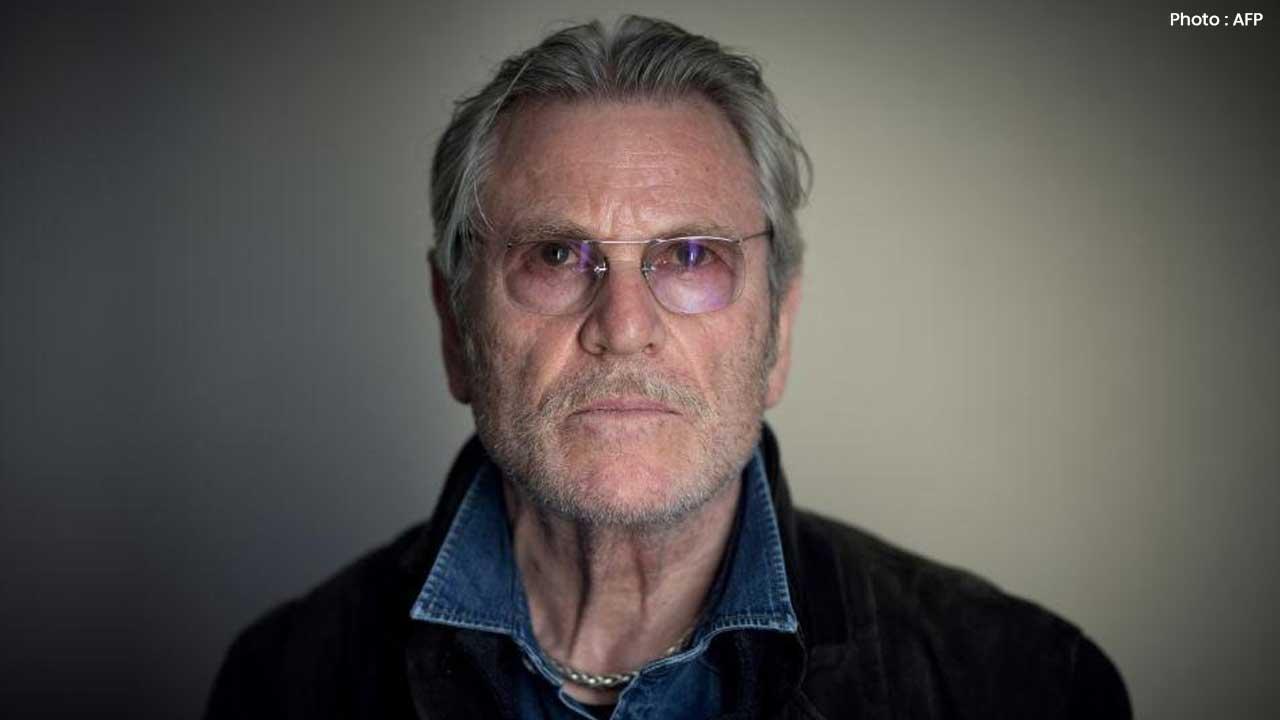
French Actor Tchéky Karyo Passes Away At Age 72
French actor Tchéky Karyo, known for Nikita and The Missing, dies at 72 after a battle with cancer,

New Zealand Beat England To Seal 3-0 ODI Series Sweep
New Zealand defeated England by two wickets in the third ODI at Wellington, sealing a 3-0 series swe

Dharmendra Admitted to Hospital After Breathing Issue
Veteran actor Dharmendra has been admitted to the ICU after facing breathing issues. His condition i

Hazlewood Stars As Australia Crush India In Second T20
Josh Hazlewood’s fiery 3-13 spell helped Australia bowl out India for 125 and chase the target easil